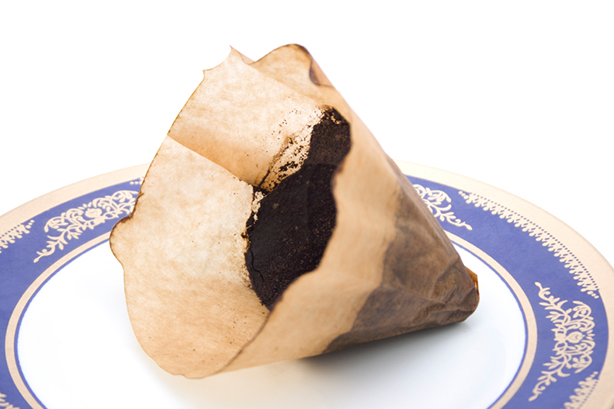
As compost bins continue to rise in popularity, many of us still find ourselves lacking the knowhow on what items are compostable and how the process works. Separate scraps and pieces of food all decompose in different conditions over different periods of time. Since so many of us start off our day with breakfast at home, here is a guide to composting the leftovers of some of our favorite breakfast foods and drinks.
Coffee grounds
Coffee grounds are great for compost piles because they are
rich in nitrogen and therefore provide bacteria with energy needed to transform organic matter into compost. They create heat and moisture for a compost pile, which helps bacteria grow at a quicker rate. The
coffee ground composting process can be sped up even more when they are paired with “browns,” such as leaves, twigs and related scrap items from breakfast — coffee filters.
Coffee filters
Coffee filters are also a
boon for compost piles, as they decompose quickly and are very beneficial for soil, especially if the soil is made out of clay. When buying filters that you plan to discard in a compost bin, selecting beige (unbleached) filters instead of white is a more environmentally conscious choice. The white filters are bleached for esthetic purposes, and while composting them is still doable, it is better to go for the more organic option.
Tea bags
Those who prefer tea in the morning do not have it as easy as the coffee lovers when it comes to composting the remains of their morning drink. But, fortunately, the bit of extra work it takes to compost tea bags is simple and worth it. It has been found that
most tea bag manufacturers add polypropylene, which takes very a long period of time to break down in compost, to the bags to heat-seal them during manufacturing. To get around this, tea drinkers can
simply rip open tea bags before disposing them.
Eggshells
Eggshells are very beneficial for composting, as they add extra calcium to the heap, but there are some precautions to take before tossing them in your pile. Eggs can harbor salmonella, which you do not want to add to a bin or garden, so it is best to run them under warm water before throwing them out. It is also good to crush them into smaller pieces before taking them out. Therefore, they will have an easier time breaking down with the rest of the compost. Make sure to leave the rest of the egg out!
Cereal and oatmeal
You might not consider it, but leftover cereal and oatmeal are
both easily compostable foods. Parts of their boxes can even be compostable as well. The paperboard boxes these foods come in can be ripped into small pieces to be taken out to compost. The parts to avoid adding to compost are the plastic liner or plastic windows — basically any part of the packaging that is not cardboard. To be cautious, it is best to mix cereal and oatmeal with twigs and other earthy items to avoid attracting rummaging critters.
 As compost bins continue to rise in popularity, many of us still find ourselves lacking the knowhow on what items are compostable and how the process works. Separate scraps and pieces of food all decompose in different conditions over different periods of time. Since so many of us start off our day with breakfast at home, here is a guide to composting the leftovers of some of our favorite breakfast foods and drinks.
As compost bins continue to rise in popularity, many of us still find ourselves lacking the knowhow on what items are compostable and how the process works. Separate scraps and pieces of food all decompose in different conditions over different periods of time. Since so many of us start off our day with breakfast at home, here is a guide to composting the leftovers of some of our favorite breakfast foods and drinks.
 As compost bins continue to rise in popularity, many of us still find ourselves lacking the knowhow on what items are compostable and how the process works. Separate scraps and pieces of food all decompose in different conditions over different periods of time. Since so many of us start off our day with breakfast at home, here is a guide to composting the leftovers of some of our favorite breakfast foods and drinks.
As compost bins continue to rise in popularity, many of us still find ourselves lacking the knowhow on what items are compostable and how the process works. Separate scraps and pieces of food all decompose in different conditions over different periods of time. Since so many of us start off our day with breakfast at home, here is a guide to composting the leftovers of some of our favorite breakfast foods and drinks.